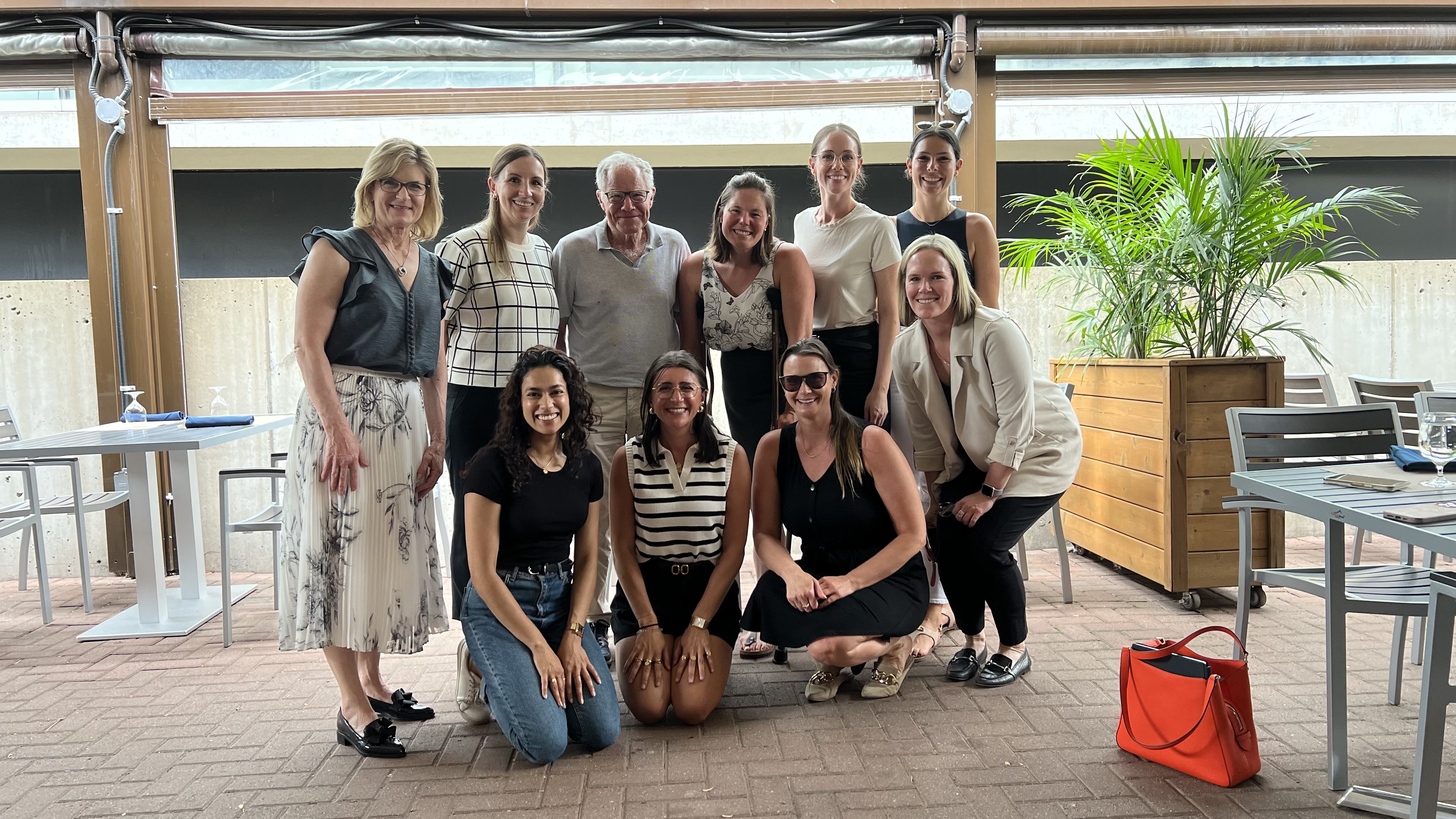When University of Toronto kinesiology graduate Sarah McGee walks across the stage at Convocation Hall this November, her mother, who is an assistant dean of registrarial and student services at the U of T Faculty of Information, will also be on stage, to support her daughter.
McGee’s grandfather, who was a professor in the Faculty of Music, was also on stage at Convocation Hall when her father – and mother – attended their convocation ceremonies some years ago. It’s become a family tradition McGee hopes to continue one day when she herself has a family.
“It would be nice,” says McGee, who will be graduating with a master’s degree from the Faculty of Kinesiology and Physical Education (KPE).
Studying under the supervision of Associate Professor Ashley Stirling, she researched the nature and types of pressures and expectations that are placed on athletes within sport. Specifically, she studied the potential connection between over-conformity to the sport ethic norms - which emphasizes athletes’ uncritical willingness to make sacrifices for The Game, strive for distinction, take risks and challenge their limits - and experiences of psychological maltreatment within sport.
“I was interested in seeing whether athletes’ experiences of psychological maltreatment influence their conformity to the sport ethic norms, as well as whether their conformity to the sport ethic norms influence their vulnerability to experiencing psychological maltreatment,” says McGee.
She also looked at the long-term consequences conforming to the sport ethic norms has beyond sport, focusing her attention on retired competitive women athletes who played at the University, provincial, national and/or international level. She discovered the two concepts – conforming to the sport ethic norms and experiencing psychological maltreatment - were interrelated and athletes’ development of conformity to the sport ethic norms are learned through observing and modeling peers in their surrounding environment.
McGee, who is passionate about sports and studied biopsychology as an undergraduate at Queen’s University, says she was always interested in exploring the effect psychosocial factors had on an individual’s health and well-being.

KPE's Safe Sport lab travelled together to conferences
“When I came across the work of professors Ashley Stirling and Gretchen Kerr, I became really interested in it,” she says. “I think we all know the potential benefits of sport, but unfortunately not every sport experience is positive, so we have to be very intentional about creating a safe and positive sport environment by highlighting risk factors, raising awareness and promoting safeguarding initiatives to remove harm from sport.”
Reflecting on her time at KPE, McGee says she really values all the relationships she developed throughout her studies.
“The Safe Sport lab welcomed everyone with such open arms and really helped ease the transition into the graduate program,” she says. “I'm really grateful for having such a great lab and great supervisors.”
Attending conferences near and far was another highlight.
“We just had a lot of fun going as a lab,” she says.
Her advice for students following in her footsteps is to learn how to say no occasionally.
“The great thing about KPE is that there are so many opportunities and so many things that you could be doing, it's really hard to not get caught up in doing everything at once, but my advice is to prioritize your work and be OK with saying no to some things - and take some time for yourself, as well.”
While McGee will be graduating soon, she won’t be going far, as she continues to do research with the Safe Sport lab, this time as a PhD student in her first year.
“I couldn’t be happier,” she says.
